I’m not sure about you, but I love dogs.
Big dogs, small dogs, fluffy dogs, it doesn’t matter, they’re all great.
Over the years, people have come up with loads of slang words for dogs, from classic nicknames to funny and unexpected ones.
Some are endearing, some are a bit rough around the edges, but they all add to the fun. Here are 20 slang words for dog for you to chew on!
Barker
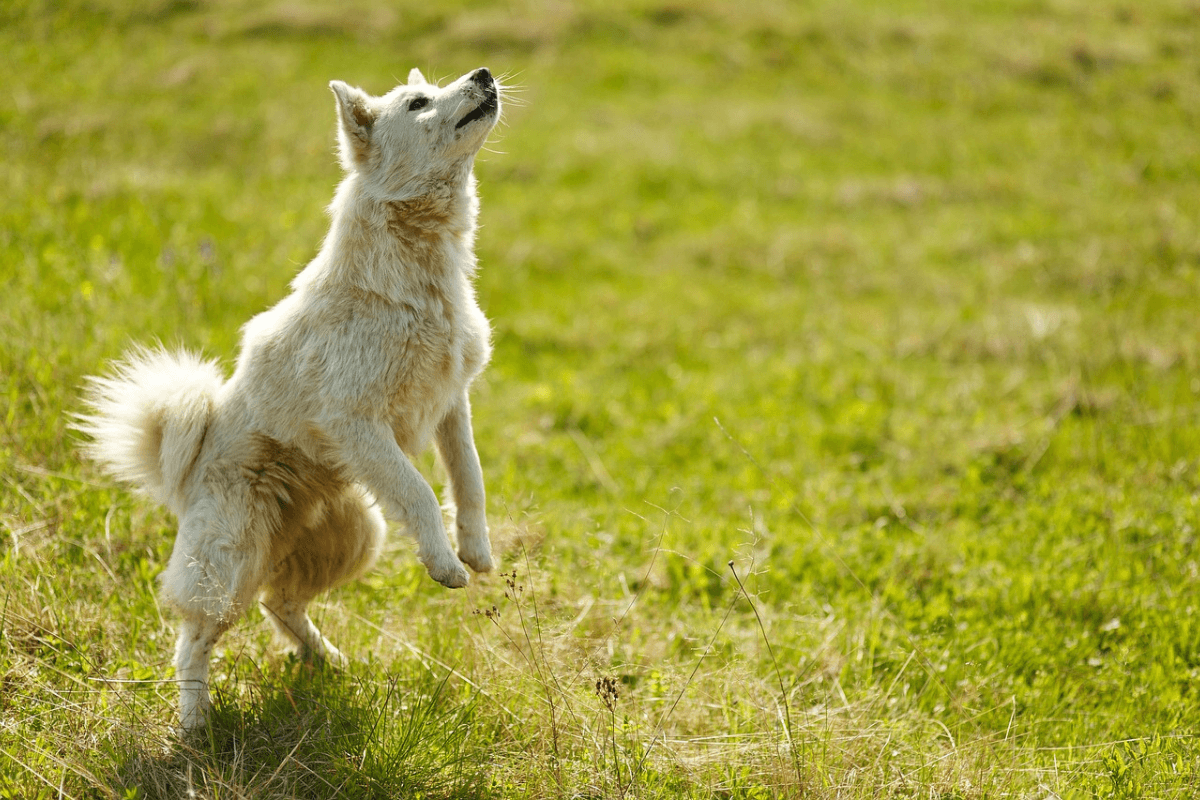
“Barker” is a casual way to refer to a dog, inspired by the noise they make.
It’s often used affectionately for particularly vocal pups or as a humorous nickname.
Examples in sentences:
- “That little barker won’t stop yapping at the mailman!”
- “She adopted a new barker from the shelter yesterday.”
- “Their tiny barker thinks he’s a guard dog.”
- “I love coming home to my loyal barker waiting by the door.”
- “The neighborhood barker makes sure we all wake up early.”
Bowwow
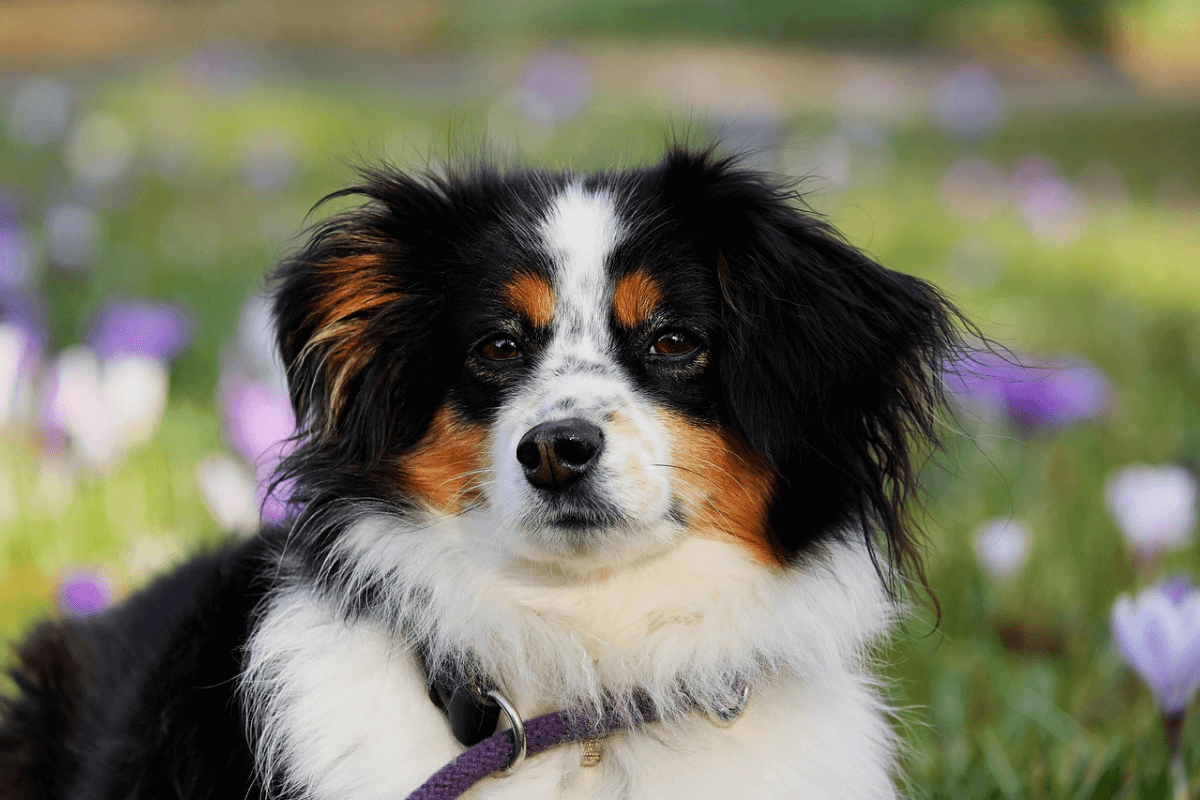
“Bowwow” is a fun, lighthearted way to refer to a dog, mimicking the sound they make.
It’s a bit old-school but still used in a jokey or affectionate way.
Examples in sentences:
- “Look at that fluffy little bowwow running around the park!”
- “My grandma always called her dogs ‘bowwows’ when we were kids.”
- “That tiny bowwow has a bark bigger than its bite.”
- “She loves her bowwow more than anything.”
- “Every time I visit, his bowwow jumps all over me.”
Chonker
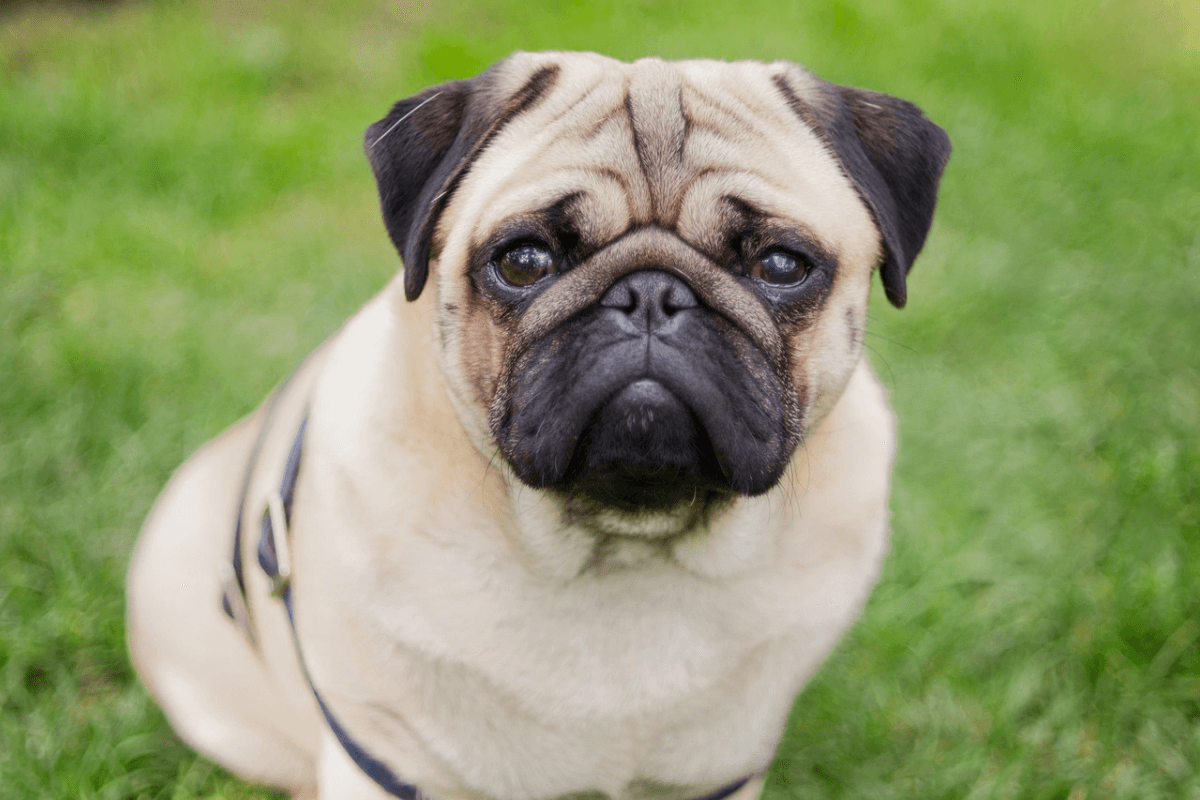
“Chonker” is a playful way to describe a dog that’s on the larger or fluffier side. It comes from internet meme culture and is often used affectionately for well-fed or chunky pups.
Examples in sentences:
- “That golden retriever is a real chonker, but he’s adorable!”
- “The vet put my chonker on a diet—he’s not thrilled about it.”
- “We spotted a massive chonker at the dog park today.”
- “His chonker loves belly rubs more than anything.”
- “I can’t help but laugh every time my chonker tries to squeeze onto the couch.”
Doggo
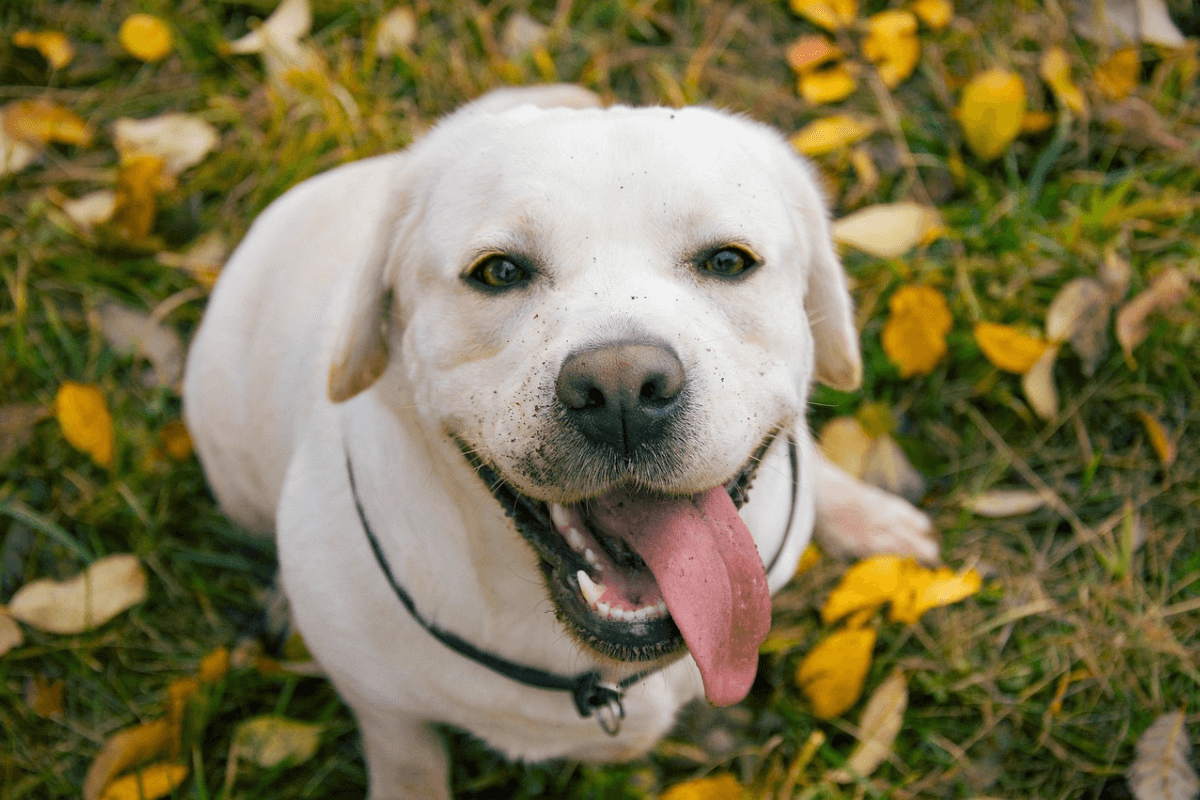
“Doggo” is an internet-friendly term that has gained popularity on social media, used to refer to any dog, usually in a cute or playful way.
It’s widely used in memes and friendly conversation about dogs.
Examples in sentences:
- “Look at that doggo! He’s got the cutest face.”
- “My doggo loves playing in the snow during winter.”
- “We adopted a doggo from the shelter yesterday.”
- “This doggo is always so excited to see me!”
- “That doggo can run faster than most of the other dogs in the park.”
Fido
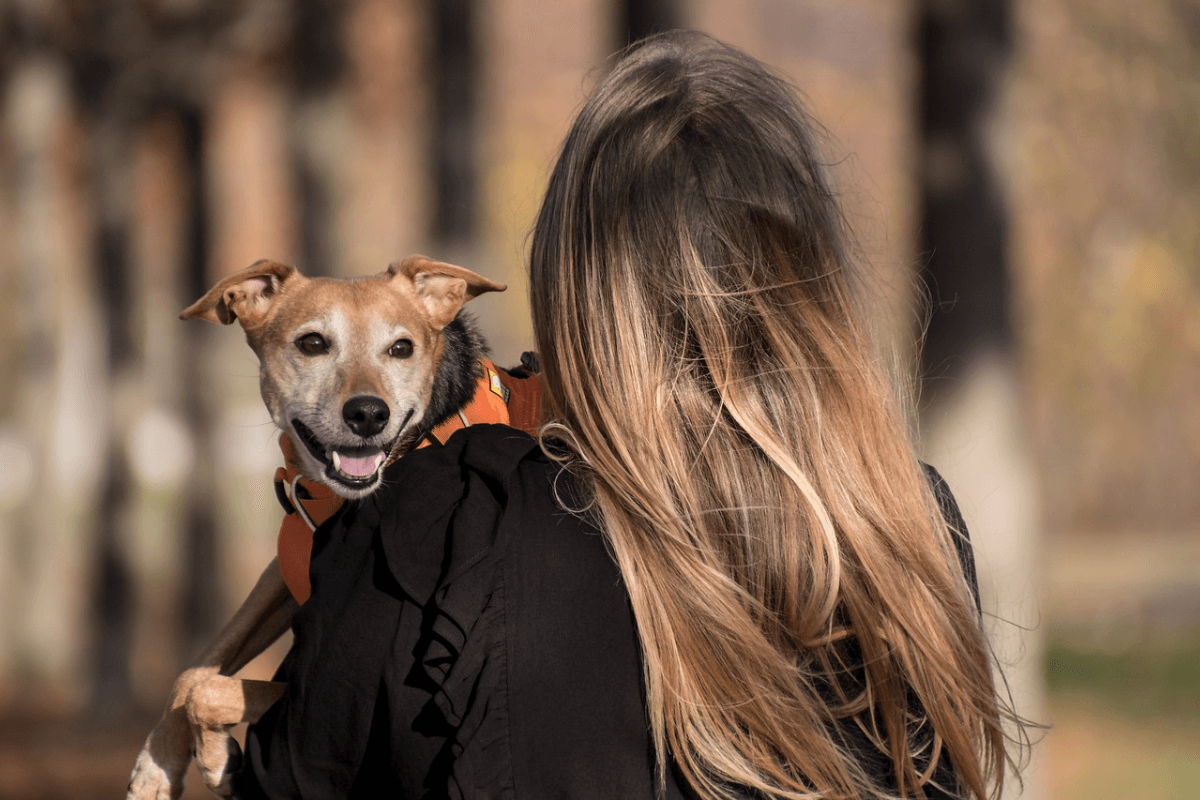
“Fido” is a well-known, traditional name for a dog, often used in discussions or stories as the generic name for a pet dog. The name has become synonymous with the idea of a loyal, obedient dog, especially in older media and pop culture.
Examples in sentences:
- “Fido followed me around the house all day.”
- “We named our new puppy Fido because it seemed like the perfect fit.”
- “Fido is always the first to greet me when I get home.”
- “Even though his real name is Max, I still call him Fido sometimes.”
- “Fido loves his afternoon walks in the park.”
Fleabag
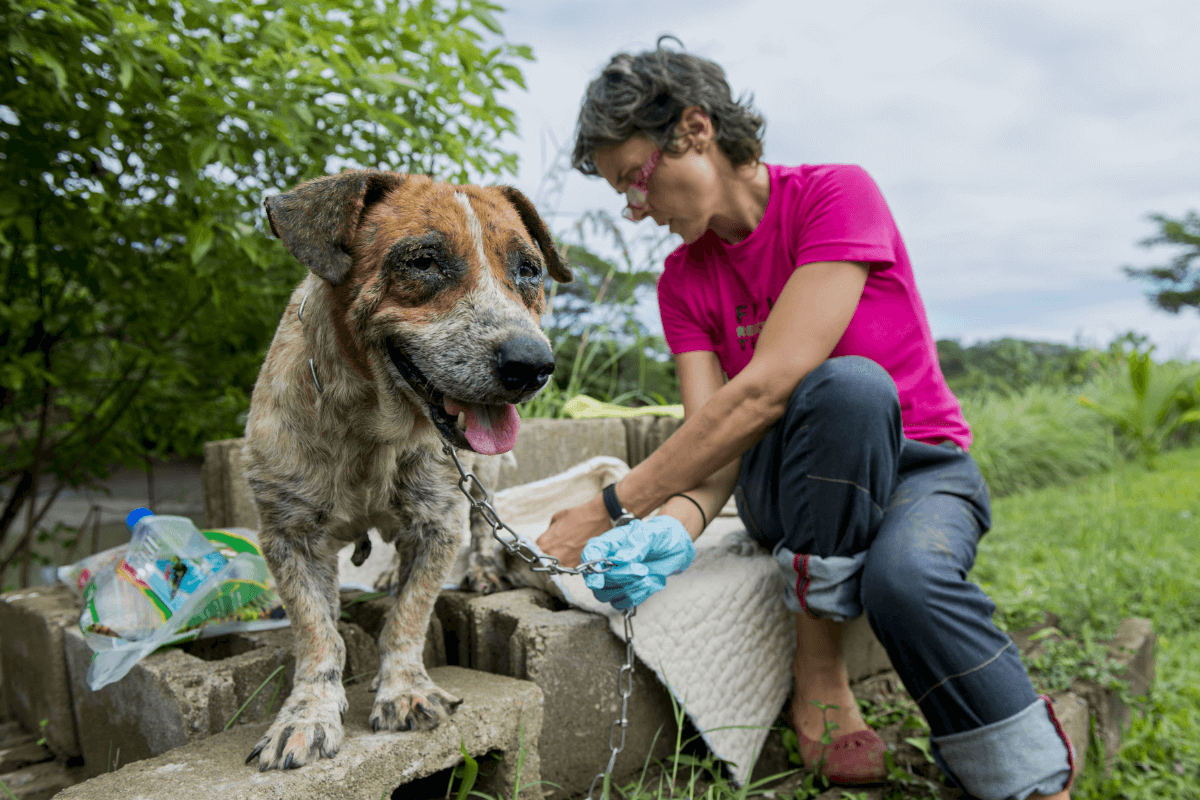
“Fleabag” is sometimes used to humorously describe a dog that might be a little unkempt, scruffy, or even dirty. It’s a less affectionate term and often used in jest or when a dog has been playing outside or getting into trouble.
Examples in sentences:
- “Stop acting like a fleabag and get a bath!”
- “That fleabag’s been rolling around in the mud all day.”
- “Come here, you little fleabag, you’re all dirty!”
- “My fleabag chewed up my favorite pair of shoes.”
- “He may be a fleabag, but he’s still my best friend.”
Fluffball
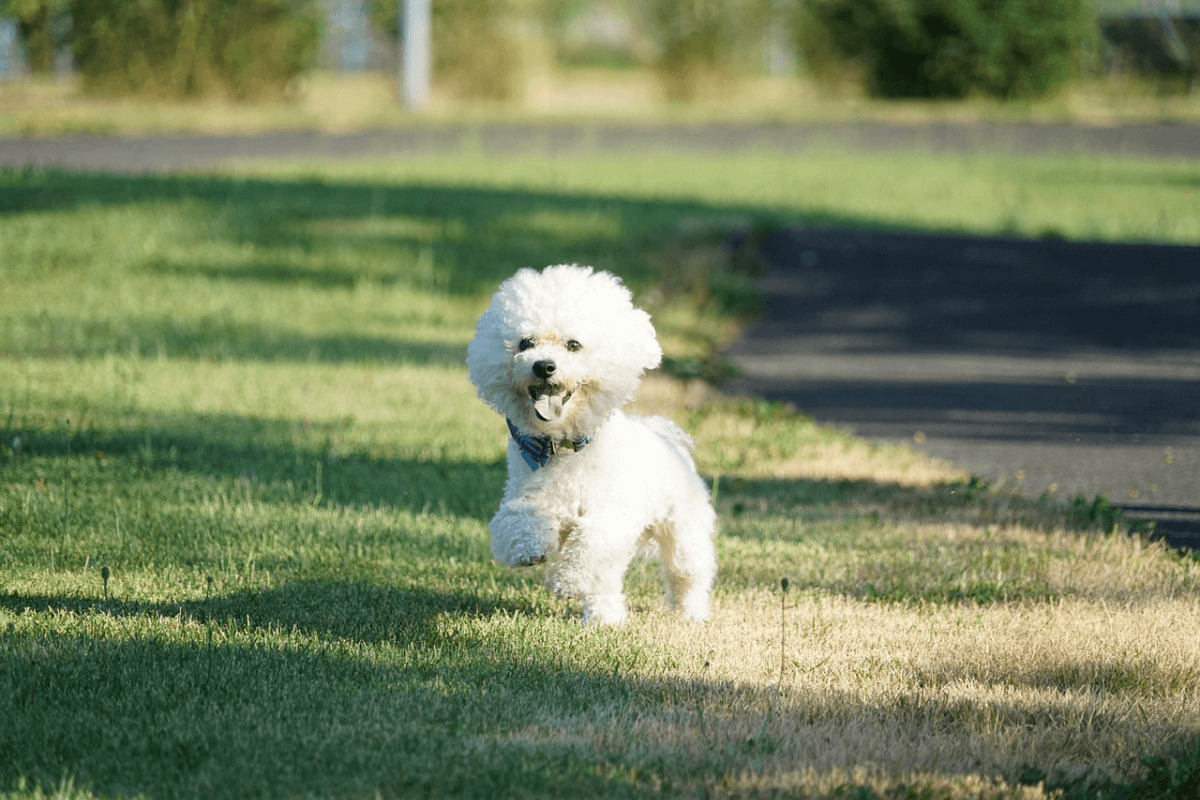
“Fluffball” is a playful and endearing nickname used for dogs with a lot of fur or fluff. It emphasizes how soft and cuddly the dog appears, often used to describe small to medium-sized fluffy breeds.
Examples in sentences:
- “Look at that fluffball running around the yard!”
- “My fluffball is always chasing after her tail.”
- “She can’t resist hugging her little fluffball after work.”
- “That fluffball is all fluff and no bite!”
- “Fluffball looks so cute when she’s napping on the couch.”
Furball
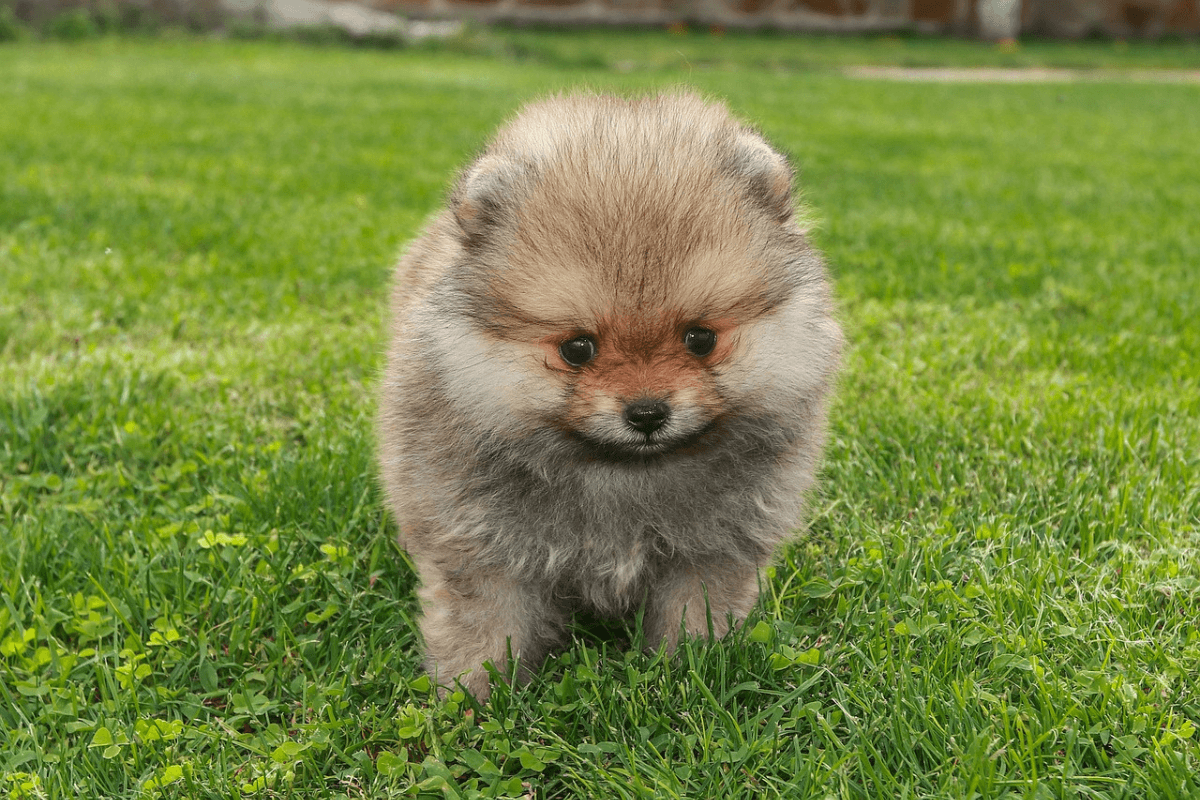
“Furball” is a term commonly used to describe small dogs or dogs with particularly fluffy coats. It’s an endearing way to highlight the cute and cuddly nature of a dog with an abundance of fur.
Examples in sentences:
- “That little furball loves to curl up on the couch.”
- “My furball’s favorite spot is right next to me.”
- “She’s always brushing her furball to keep him looking sharp.”
- “That furball can’t seem to stay out of trouble.”
- “He’s a little furball of energy, always jumping around.”
Good boy/girl
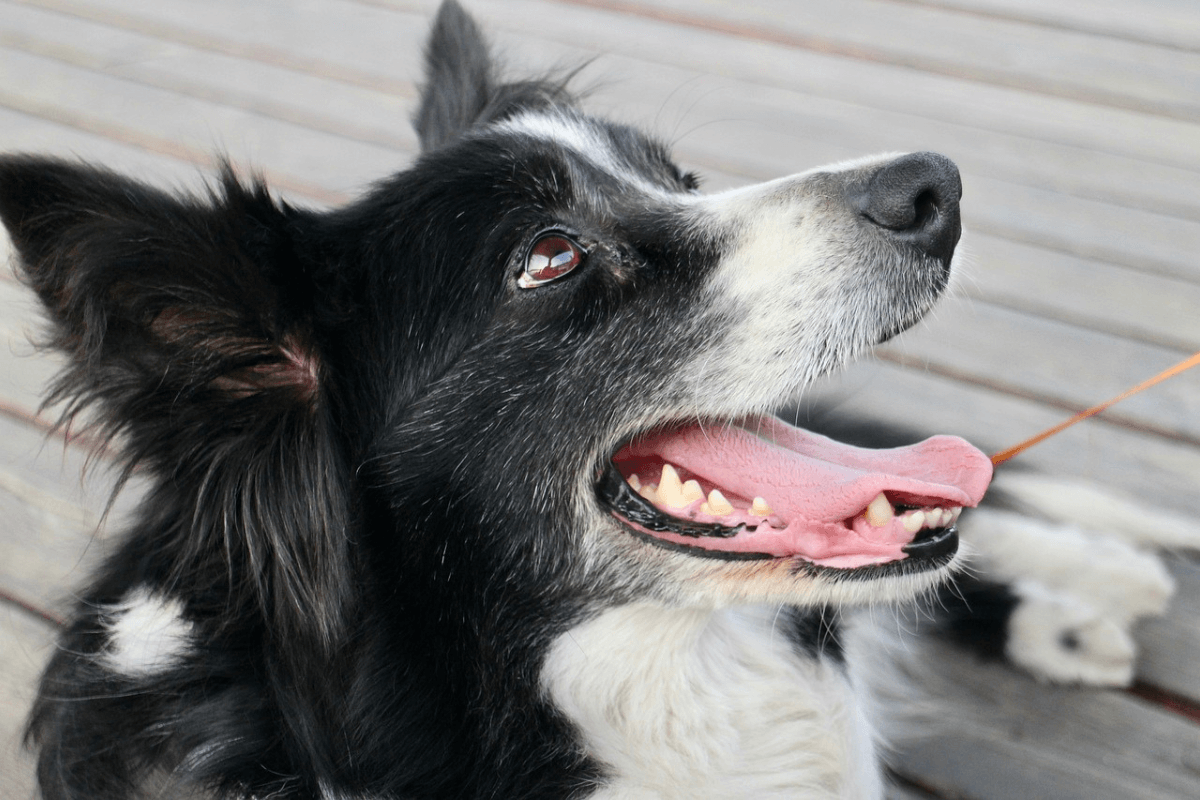
“Good boy” or “Good girl” is a phrase often used by pet owners to praise their dogs when they’ve done something good, like obeying a command or behaving well.
It’s an affectionate and encouraging way to reinforce positive behavior.
Examples in sentences:
- “Good boy for sitting on command!”
- “She’s such a good girl for not barking at the neighbors.”
- “Good boy, you brought the ball back to me!”
- “He’s a good boy when he doesn’t chew up my shoes.”
- “You’re such a good girl for being so calm at the vet.”
Hound
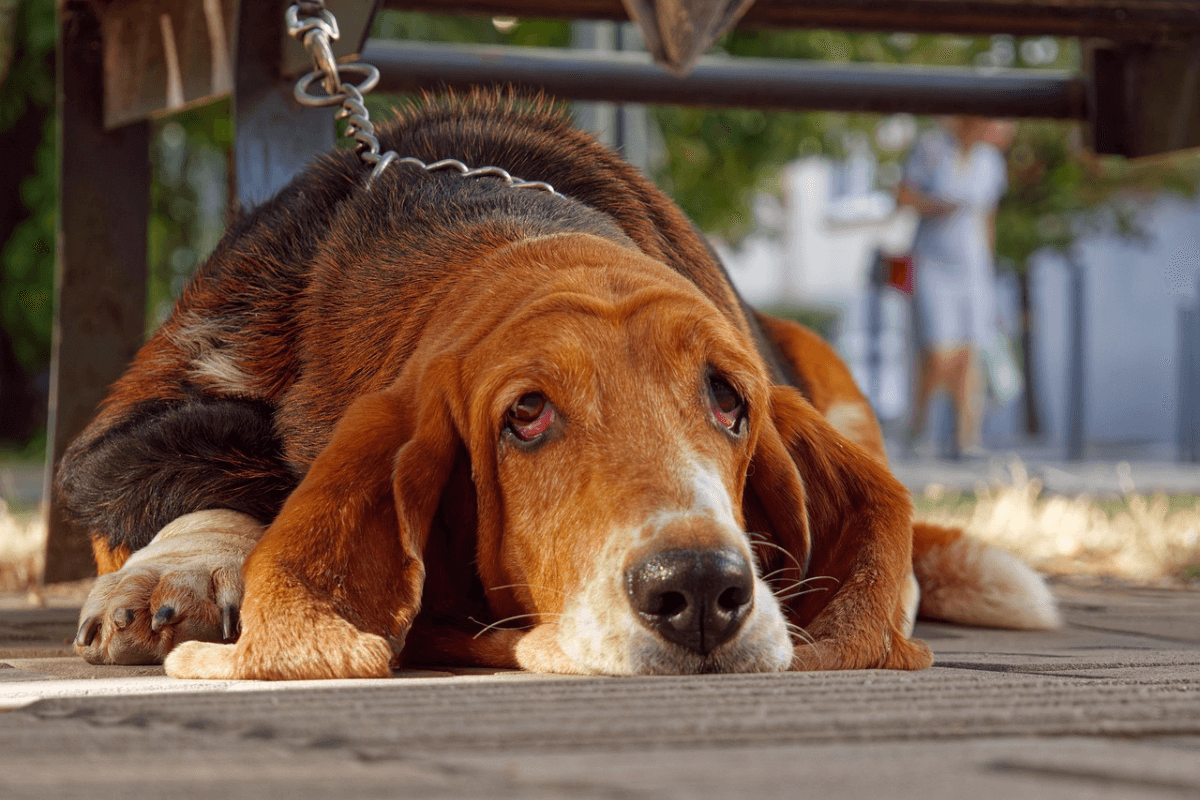
“Hound” can refer to a specific breed of dog, like bloodhounds, typically those bred for hunting or tracking.
It is also used colloquially to refer to any dog, particularly one with a keen sense of smell or tracking abilities.
Examples in sentences:
- “That hound was on the scent in no time.”
- “We adopted a hound from the shelter, and he’s great with kids.”
- “The hound was trained to track game in the forest.”
- “Look at that hound sniffing around – he must be tracking something.”
- “Our neighbor’s hound loves to run through the fields every morning.”
Mutt
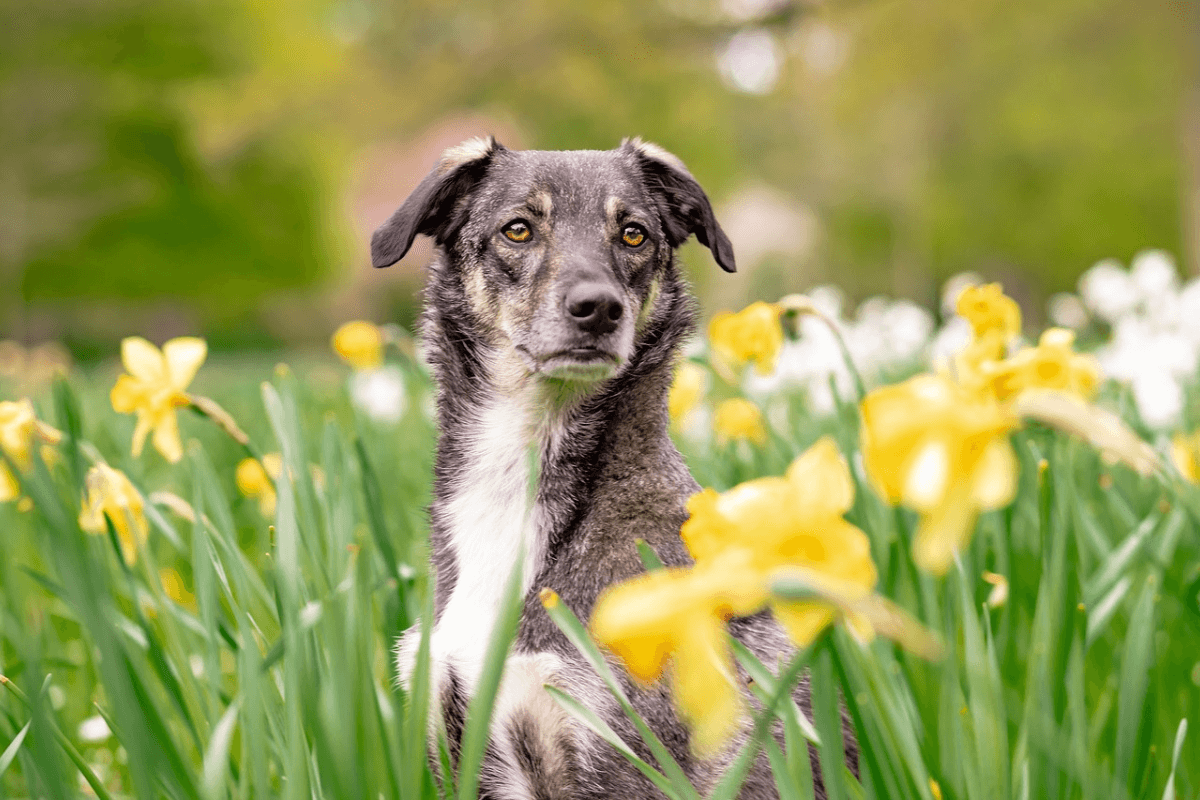
“Mutt” is a term for a mixed-breed dog, often used affectionately or in a playful way. While it can be used informally to describe any dog, it’s most commonly associated with dogs who are not from purebred lines.
Examples in sentences:
- “That mutt has so much energy, I can’t keep up!”
- “We rescued a cute little mutt from the shelter.”
- “Don’t let his mutt status fool you, he’s loyal as they come.”
- “This mutt is full of surprises – he’s smarter than he looks.”
- “I love my little mutt; she’s always by my side.”
Pooch
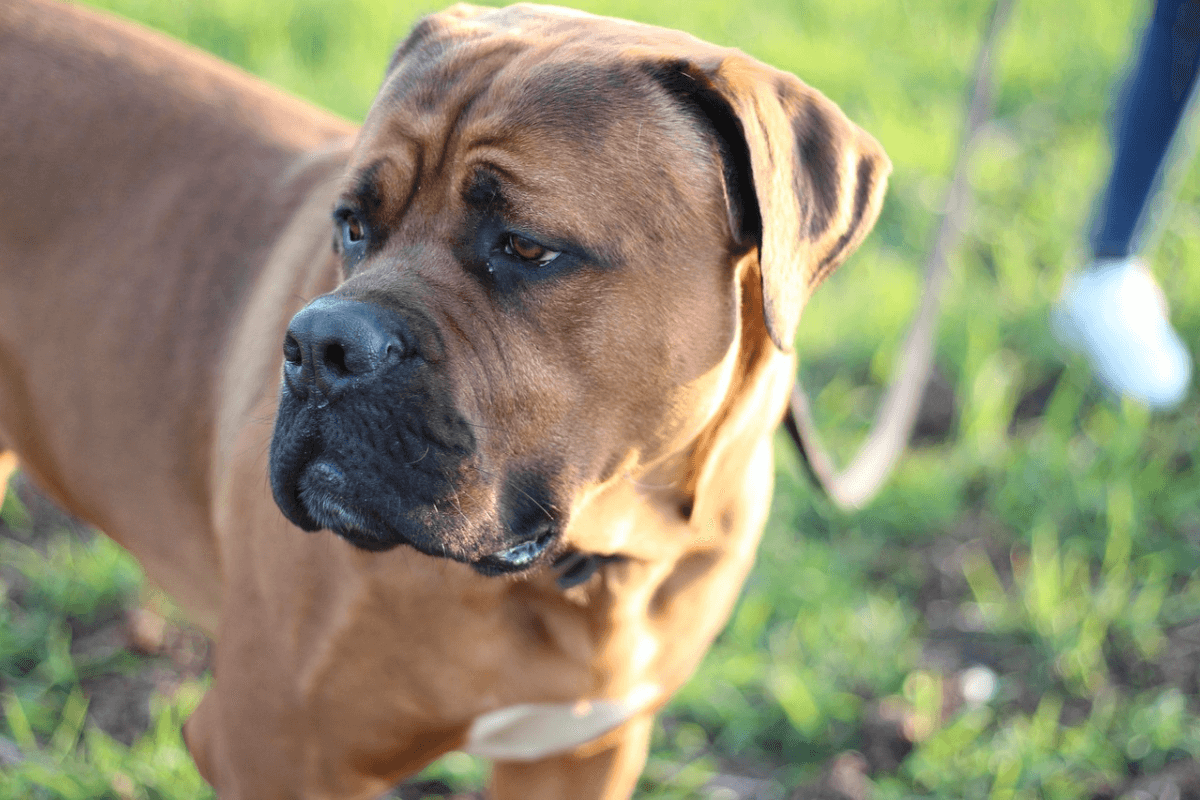
“Pooch” is a friendly, informal term used for a dog.
It’s often used to convey warmth and affection towards a pet dog, regardless of breed.
Examples in sentences:
- “That pooch is always wagging his tail when I come home.”
- “We took our pooch to the park for some exercise.”
- “Look at that pooch rolling around in the grass – so cute!”
- “My pooch loves to sleep right next to me at night.”
- “She’s the best pooch; always makes me smile!”
Pup
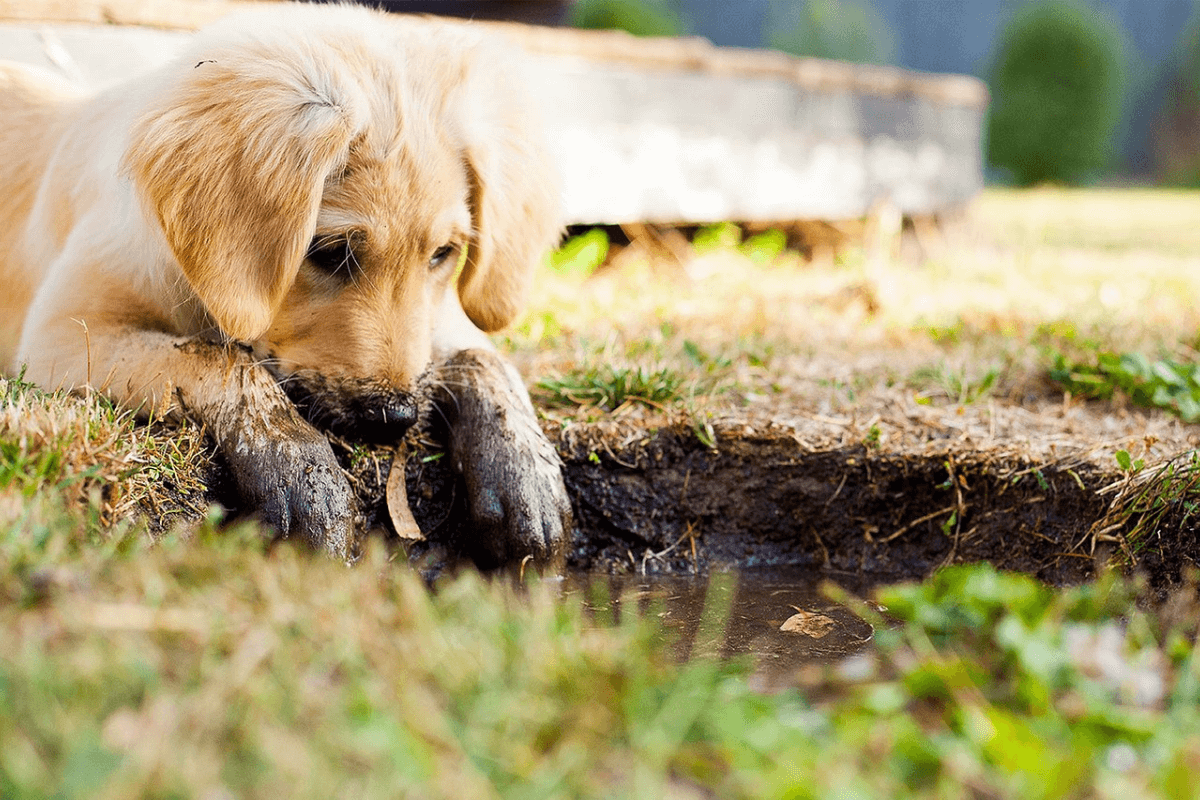
“Pup” is often used for a young dog, but it’s also commonly used affectionately for any dog.
People love calling their dogs “pups” because it evokes a sense of cuteness and youth, no matter how old the dog is.
Examples in sentences:
- “I just adopted a little pup from the shelter!”
- “That pup of yours is so well-behaved!”
- “We went on a walk with my pup this morning.”
- “His pup is always wagging its tail when we visit.”
- “She’s training her pup to do some basic tricks.”
Pupper
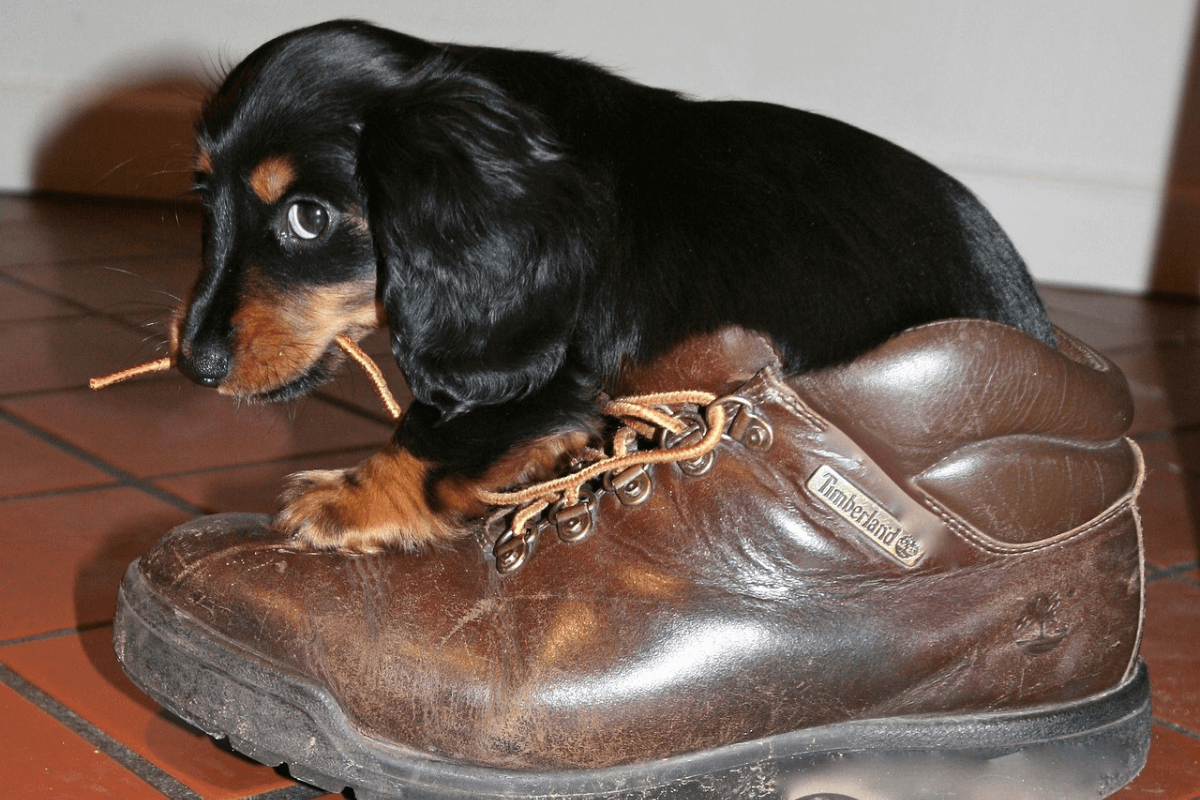
“Pupper” is an endearing term for a puppy or young dog, often used when speaking to or about dogs in a playful, affectionate way.
Examples in sentences:
- “Look at that little pupper running around the yard!”
- “She’s such a sweet pupper, always wagging her tail.”
- “That pupper is learning to fetch already!”
- “We’re taking our new pupper to the vet for her first checkup.”
- “This pupper is full of energy and loves to play all day.”
Pupster

“Pupster” is a playful and casual variation of “puppy” used to refer to a young, active dog with a lot of energy.
Examples in sentences:
- “That pupster loves chasing after sticks in the park!”
- “Our pupster is always up for a game of fetch.”
- “Look at that adorable little pupster – he’s so excited!”
- “He’s just a pupster at heart, always full of energy.”
- “We adopted a pupster, and he’s quickly becoming a part of the family.”
Rover
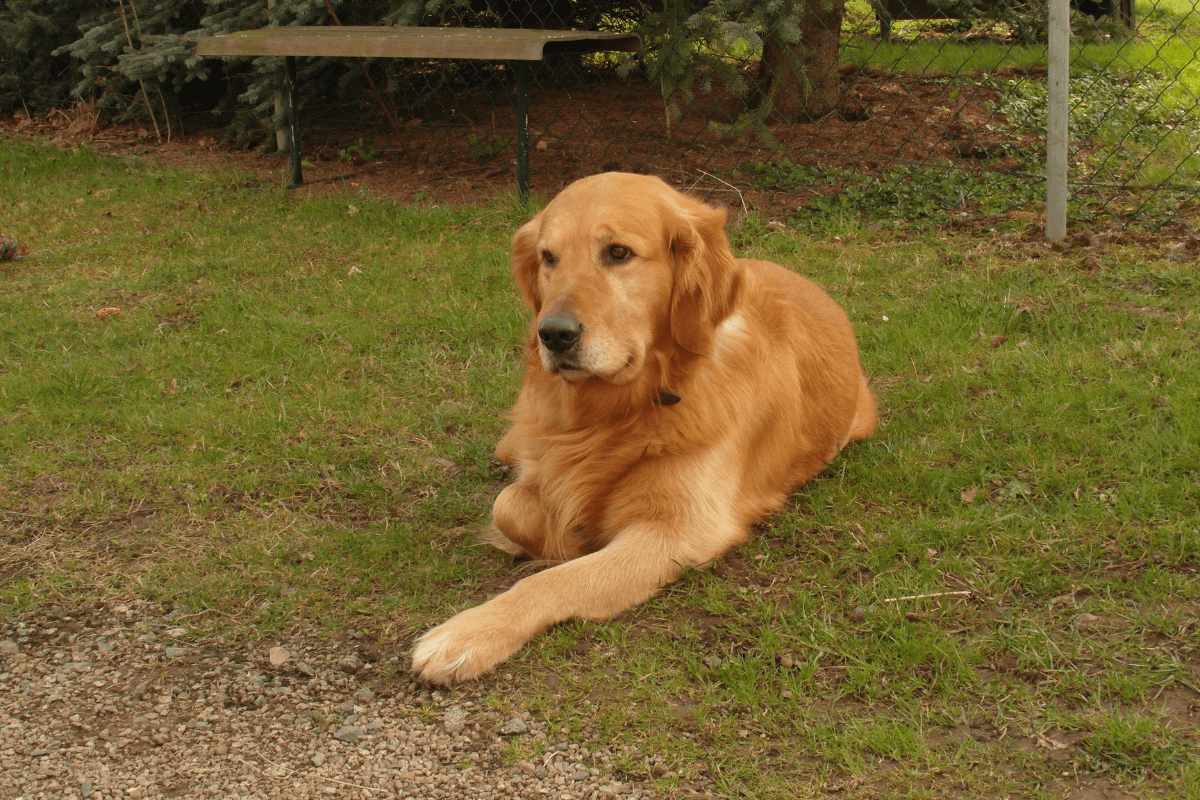
“Rover” is one of the classic, go-to names used for dogs, especially in casual conversation. It’s commonly used to refer to any dog in an informal or affectionate way.
Examples in sentences:
- “Rover loves to fetch the ball every time we play.”
- “We took Rover for a long walk through the neighborhood.”
- “Rover’s the best dog; he’s always so friendly to everyone.”
- “I haven’t seen Rover around lately – I hope he’s okay!”
- “Rover had a blast at the dog park today.”
Scamp
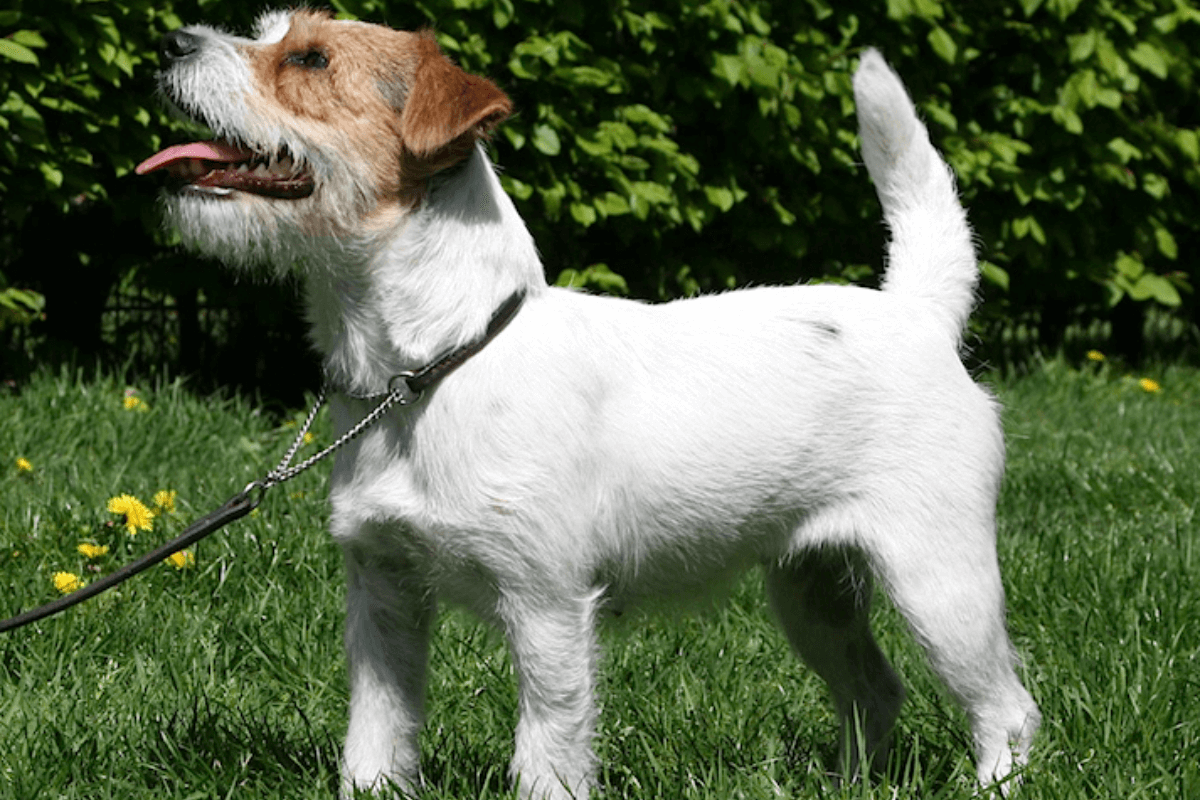
“Scamp” is a term used to describe a dog with a playful, often mischievous personality. It’s used affectionately to refer to dogs who love to get into a bit of trouble now and then.
Examples in sentences:
- “That scamp got into the trash again!”
- “I can’t believe that little scamp chewed up my shoes.”
- “Our scamp is always up to something funny when we’re not looking.”
- “Look at that scamp, chasing his tail for hours.”
- “Even though he’s a scamp, we love him to bits.”
Scruff
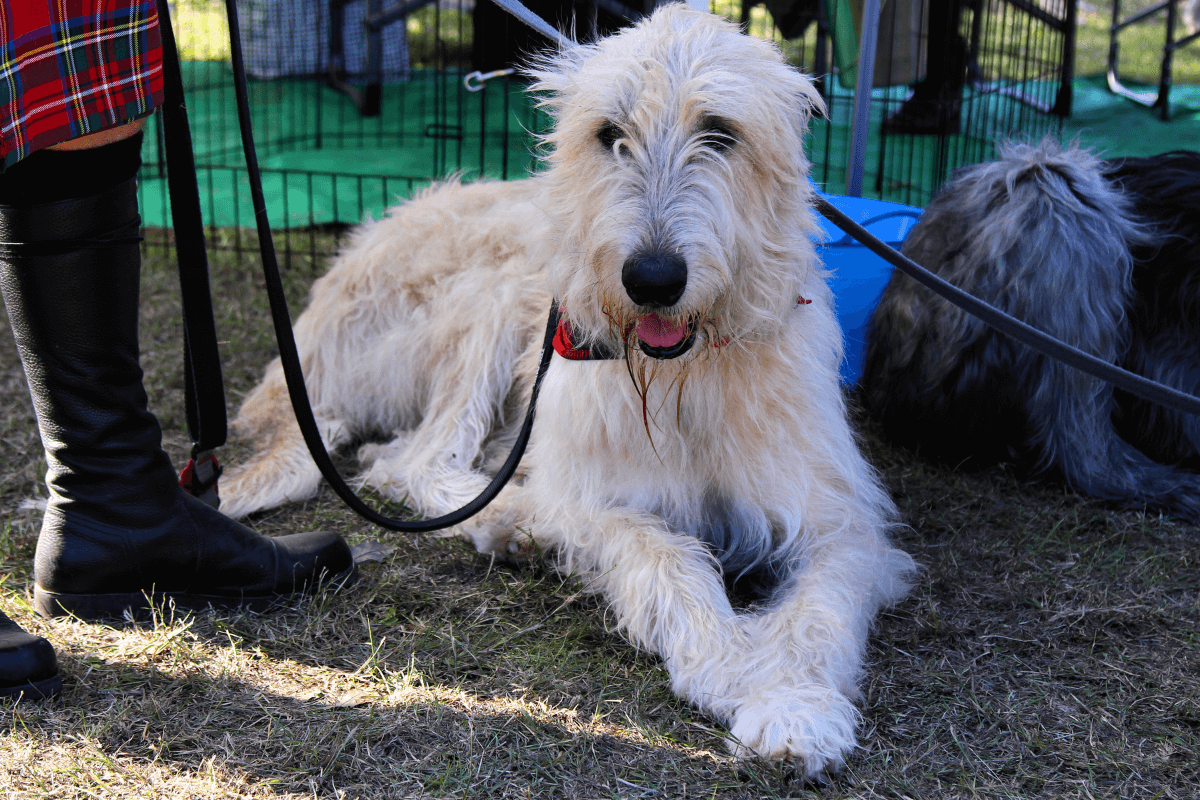
“Scruff” is a laid-back term used for a dog, particularly one with a scruffy appearance. It’s often used affectionately to refer to a dog with a rough or messy coat of fur.
Examples in sentences:
- “That scruff is always so happy to see me!”
- “We adopted a scruffy little dog from the shelter.”
- “The scruff’s got a lot of energy, always running around the house.”
- “I love that scruff’s messy fur – it’s so cute.”
- “This scruff is a total sweetheart despite his rough appearance.”
Spot
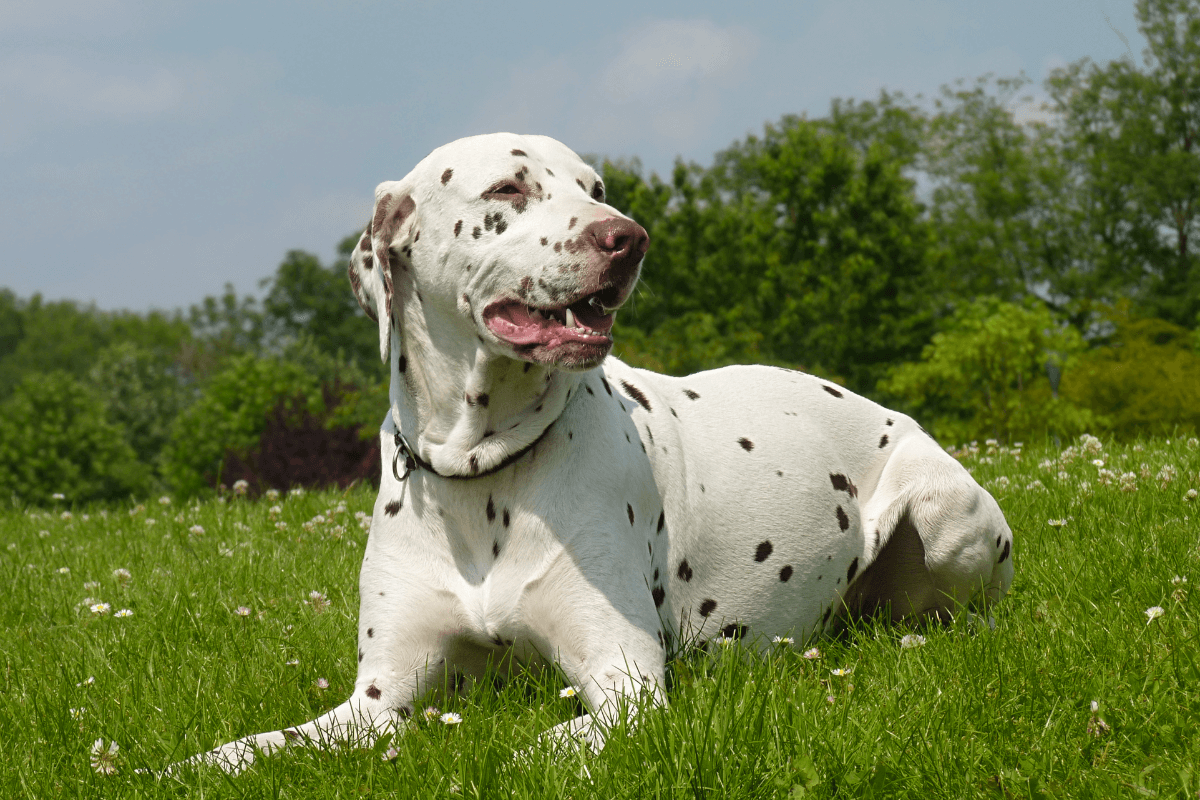
“Spot” is a classic dog name, often used generically for any dog, especially those with spots or unique markings on their fur. It’s an easy, playful name for a dog.
Examples in sentences:
- “Spot loves running around in the yard.”
- “We just adopted a dog named Spot – he’s got the sweetest eyes.”
- “Spot’s been wagging his tail non-stop ever since we came home.”
- “Look at Spot rolling in the grass – he’s having the time of his life.”
- “Spot is one of the friendliest dogs we’ve ever met.”
Wigglebutt
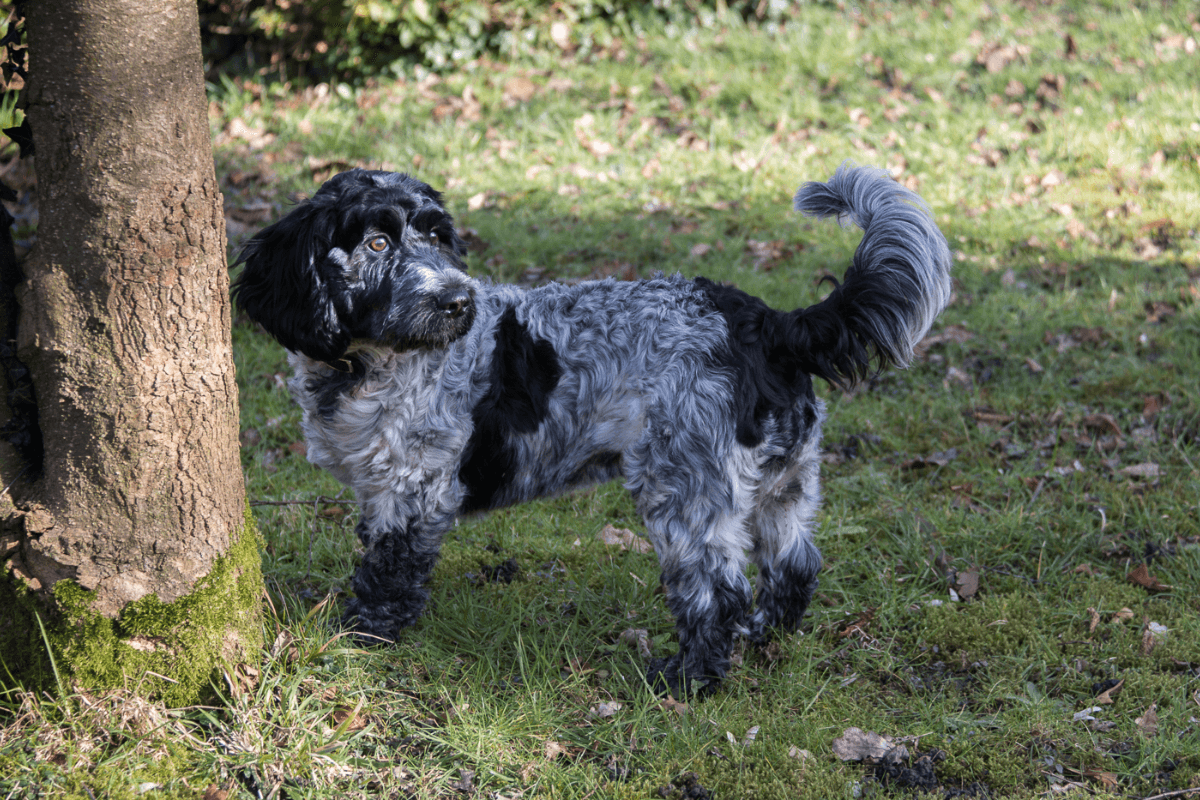
“Wigglebutt” is an adorable term used for a dog that wiggles its tail excitedly, often in response to attention or excitement.
It’s an affectionate and playful way to refer to a happy dog.
Examples in sentences:
- “That wigglebutt is so excited to see us every morning.”
- “Look at that wigglebutt go – he’s so happy!”
- “Whenever I come home, the wigglebutt is always waiting by the door.”
- “She’s a total wigglebutt, bouncing around whenever she’s thrilled.”
- “We call him wigglebutt because his whole body shakes when he’s happy.”
Woofer
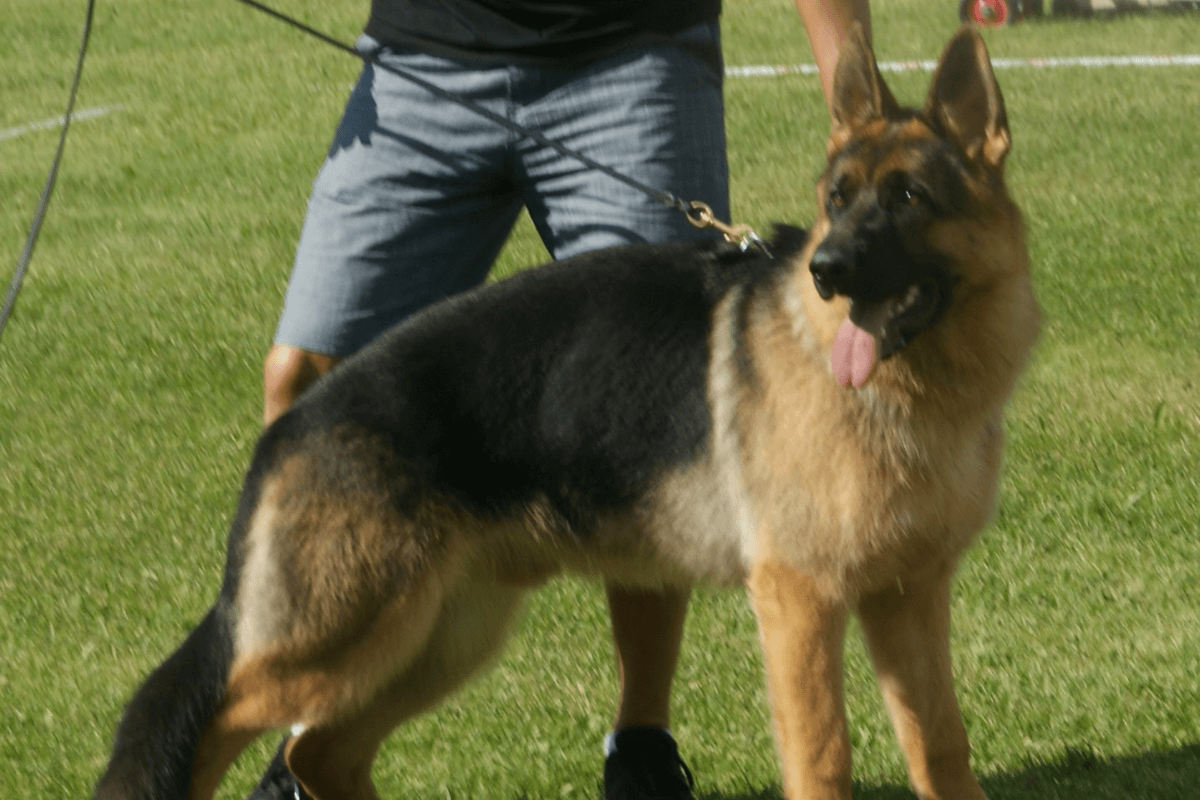
“Woofer” is a fun, informal term for a dog, often used to highlight a dog’s loud bark. It’s a lighthearted way to describe a dog, especially one who tends to be vocal.
Examples in sentences:
- “That woofer barked all night long, keeping us awake.”
- “He’s a big woofer, but he’s super friendly once you get to know him.”
- “I can hear the woofer all the way from the other side of the street.”
- “She’s not the loudest woofer, but she definitely gets her point across.”
- “The woofer kept barking at the mailman this morning.”

